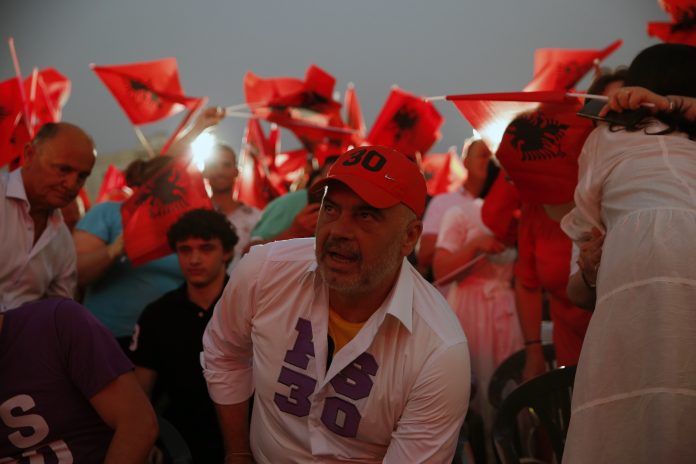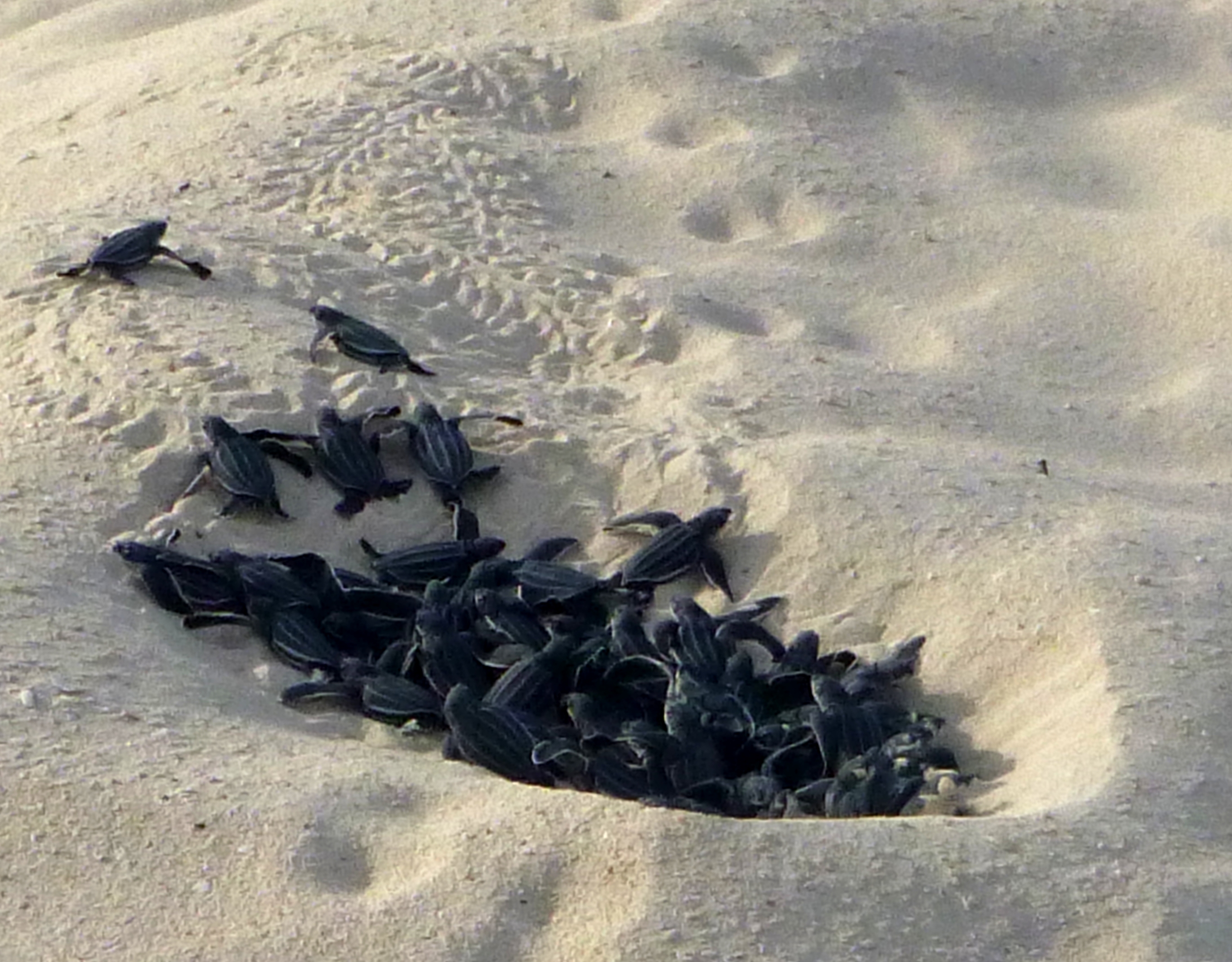
Albania’s municipal elections don’t normally provoke much interest beyond the country’s border, but the holding of this weekend’s vote — or failure to do so — appears decisive for the tiny Western Balkan country in its bid to start full membership negotiations with the European Union.
While the Socialist-run government is insisting on holding the election, the opposition is boycotting the vote and says it will stop it taking place. Albania’s president, sympathetic to the opposition, has gone one step further by declaring that the vote is canceled, a decision that the government is refusing to abide by.
“Unfortunately we are showing our democracy is immature, weak and corrupt,” said Skender Minxhozi, an independent analyst. “We are unable to reach a sustainable dialogue and compromises.”
After months of rowdy and sometimes violent opposition protests, where demonstrators have hurled projectiles at police officers who have responded with tear gas, the stage is set for a tense confrontation on Sunday.
The United States, the European Union, other international organizations and big Western powers have repeatedly called on the opposition to avoid violence and to engage in a dialogue to resolve the political deadlock. Though violence has been reduced recently, the standoff continues.
Leaders of the Organization for Security and Cooperation in Europe, which is sending 280 election observers, and the embassies of the United States and the European Union in Tirana on Friday called on Albanian political leaders to show restraint, engage in a “constructive dialogue” and ensure that Sunday’s election is peaceful. It added that “both the perpetrators and instigators of violent acts should be held legally accountable.”
The ruling Socialists held their final pre-electoral rally in the southwestern port city of Vlora, where thousands of supporters gathered with national flags.
Prime Minister Edi Rama accused the opposition of having a “plan aiming at downing Albania’s efforts toward launching the EU negotiations.”
Police prevented a group of opposition supporters from getting near the Socialists’ rally. In a related incident in Dibra in eastern Albania, police used tear gas to push away opposition supporters trying to enter the election offices there.
In a similar incident Thursday, three policemen were injured by exploding gasoline bombs. Police arrested 15 people who were allegedly destroying election materials and the prime minister fired the town’s mayor.
Holding a free and fair election has been post-communist Albania’s Achilles’ heel, with regular reports of shortcomings, vote rigging and violence. The move toward democracy is considered key for the launch of the EU membership talks for the nation, which is already a NATO member.
Earlier this month, the EU postponed the start of membership talks with Albania, as well as North Macedonia, despite warnings a delay could undermine reform efforts and stability in the Balkans region.
Sunday’s vote is due to elect mayors, town councils and district parliaments for the next four years. Some 3.5 million people are eligible to vote — that in itself is a problem, as the population of Albania is only 2.9 million. The other names on the electoral register represent Albania’s huge overseas diaspora, but no facilities are provided to allow Albanians outside the country to vote.
For the center-right Democratic Party-led opposition of Lulzim Basha, the issue is not really the local vote, however. They are trying to force the calling of early parliamentary elections, claiming widespread government corruption, vote-rigging and links to organized crime. They are boycotting the vote. Earlier in June, President Ilir Meta announced that he was canceling the elections, claiming they would be “undemocratic” without the participation of the center-right opposition. On Thursday he said the vote would now take place on Oct. 13.
Prime Minister Edi Rama of the ruling left-wing Socialist Party, however, continues to insist that the elections will take place as scheduled Sunday. Rama accuses the opposition of trying to disrupt efforts to launch EU membership negotiations.
The Socialists have started a lengthy procedure to oust Meta, though they don’t have the two-thirds majority they need in parliament, and the final say anyway is with the Constitutional Court, which has been defunct for the past year after its judges were fired.
Minxhozi says the opposition has failed to topple Rama but has managed to hurt the country’s image.
“It has weakened Rama, but has not toppled him. It has damaged elections, but has not stopped them,” he said, adding that “such a tense situation hurts EU negotiations and has withered democratic standards.”
Basha insists “there will be no election without the opposition,” though he has not explained how the election will be prevented. He has said, however, that civic groups around the country will “defend democracy.” The opposition has tried to prevent vote preparations in the districts they govern.
Currently, the opposition runs 27 districts, while the governing Socialists are in control of 34. With the opposition boycott, the Socialist candidates are uncontested in 35 races, while in the others they face some smaller leftists and center-right parties.
Minxhozi said Sunday’s vote will be a “mysterious day” focused not on a political race but rather on a “logistic, security and public order problem.”
“June 30 is a negative test for Albania’s image, our economy and the political class too,” he said.q
















